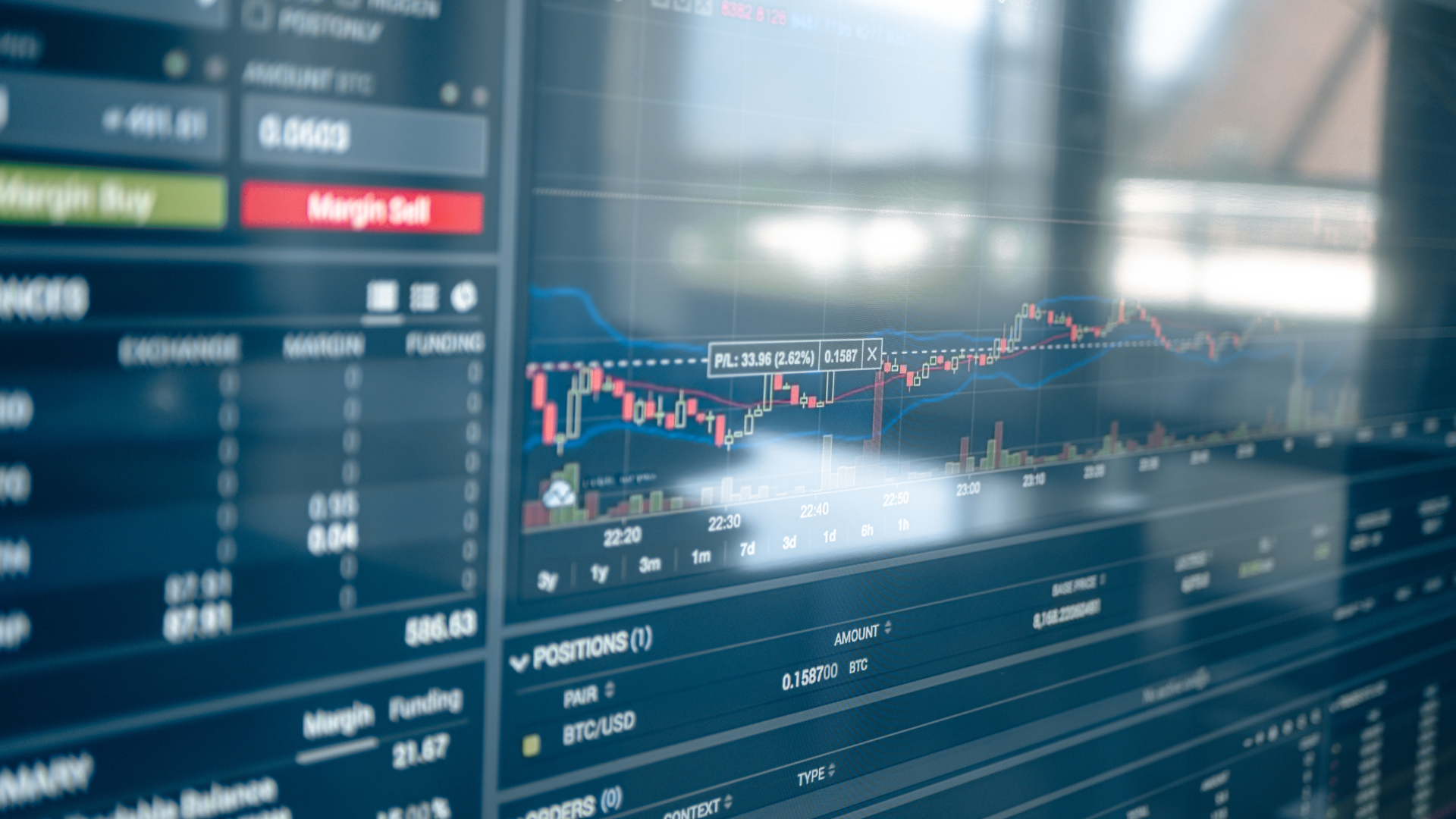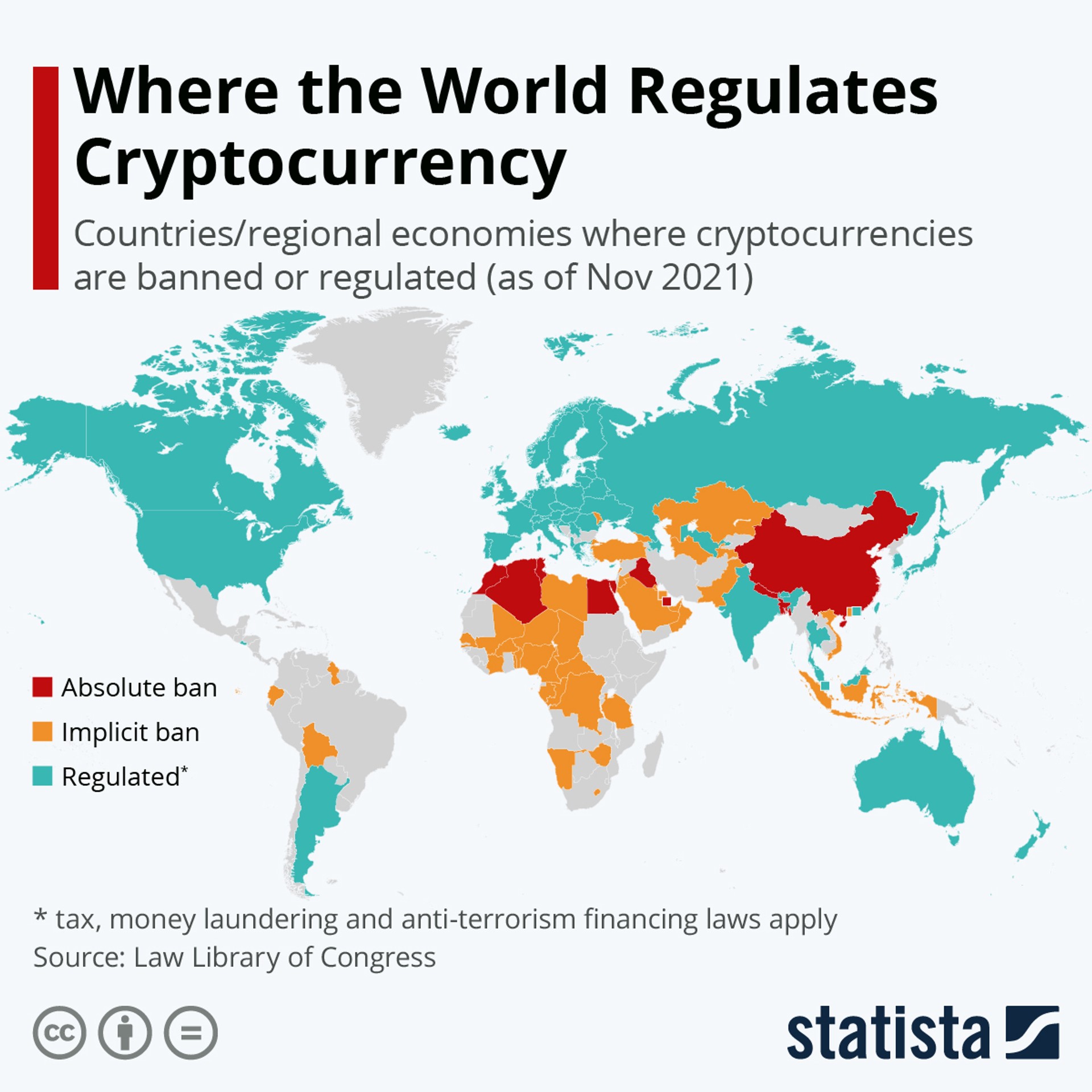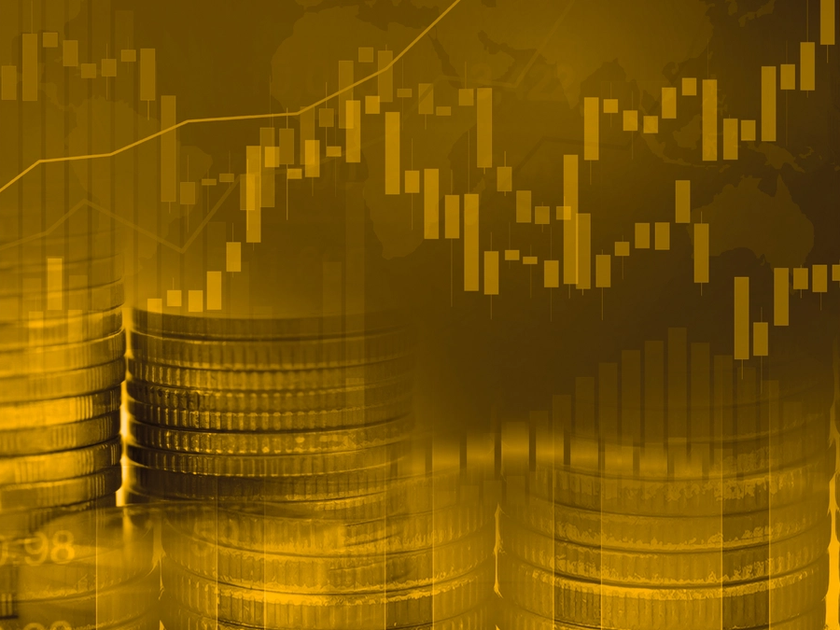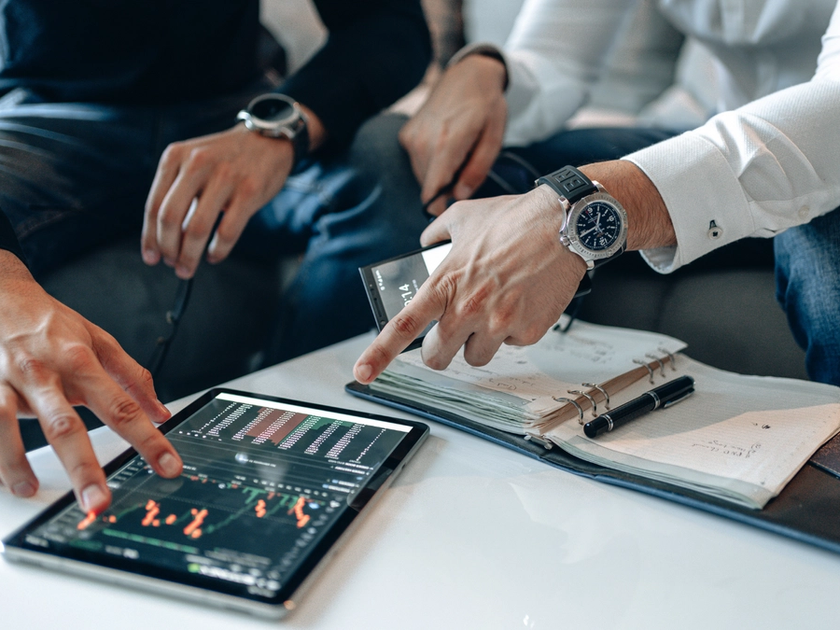Is cardano secure?
Cardano is still a young currency. That’s why there are still many countries who don’t allow the use of cardano as a means of payment yet. Besides that, cardano can also be used as an investment, which is also connected to risks and uncertainty.
It’s important to be aware that cardano uses a different method of validation on transactions than ethereum and bitcoin for instance. Cardano uses proof-of-stake, while ethereum and bitcoin uses proof-of-work.
At the same time, it’s worth mentioning that cardano is a research-intensive project, making the development a bit slower than other cryptocurrencies – but in turn, this also means that the security is thoroughly tested.
So to answer the question: “Is cardano safe?”, we first need to look at the four topics separately:
- What countries allow the use of cardano, and which don’t?
- Why is cardano as an investment connected to risks and uncertainty?
- What importance does it have, security-wise, that cardano uses proof-of-stake instead of proof-of-work?
- Cardano: the research based cryptocurrency
What countries allow cardano as a payment method?
Cardano can be an uncertain currency to carry if you’re planning to use it as a means of payment . There are still a lot of countries that don’t accept cardano and cryptocurrencies in general as a legal payment method.
On the map from Statista you can see which countries who:
- regulates crypto (blue)
- implicitly bans crypto (yellow)
- directly bans crypto (red)
What makes cardano an uncertain investment?
When you trade cardano there’s a risk that you could lose some or the entirety of your holding. Cardano and cryptocurrencies in general are unregulated which means that there are no central authorities to protect consumers.
If you have money in a bank, and the bank goes bankrupt, your money is protected by a central authority: In Denmark, that authority is Garantiformuen. Garantiformuen covers deposits on amounts corresponding to 100,000 EUR per depositor and securities on up to 20,000 EUR per investor.
But if you lose your cardano following a cryptoplatform going bankrupt, you’re not protected by any authorities.
That is one of the reasons why cardano is an uncertain investment.
Besides that, cardano is a very volatile asset . This means that prices can rise and fall very quickly. The more volatile an investment is, the more uncertain it is. The same goes for all types of assets. For example, if you were considering buying a house, you would be more careful with your purchase if you knew that the price of the house potentially could lose up to 100% of its value from one day to the next. At the same time, there’s also a risk that the house could be worth 10 times the price the next day.
That’s kind of how cardano works. You should consider whether cardano fits your readiness to take risks.
Buy cardano
What importance does it have, security-wise, that cardano uses proof-of-stake instead of proof-of-work?
Cardano uses the validation method proof-of-stake instead of proof-of-work. If you’re not sure what these terms mean, you can read all about them in our blog-post “What is cardano? ”.
In relation to security, cardano is technically a secure cryptocurrency on line with ethereum and bitcoin . The security that ethereum, for example, works with is also incorporated into cardano. That’s evident since the creator behind cardano, Charles Hoskinson, also was a co-founder of the ethereum project back in the day.
Hoskinson introduced proof-of-stake for blockchains with his new cryptocurrency, cardano, where ethereum uses proof-of-work.
In order for a blockchain to work properly, a network of people who validate activity on the blockchain needs to exist – activities could be buying and selling cryptocurrency.
The person who ends up validating the activities is called a validator. With proof-of-stake the validator is selected based on how many cardano coins they stake.
Example:
Imagine that there are 1,000 cardano coins. A validator, let’s call him Henry, has 200 coins, which he puts into the validator-draw. Henry now has a 200/1,000 chance - or 20% - to get selected to validate the next block of activities in the blockchain.
If Henry tries to trick the blockchain by inputting faulty information, it’s up to the rest of the network to check whether Henry’s validation is true. However, it’s relatively easy for the rest of the network to check. Read more about how blockchain validation works here .
If Henry gets caught in the act, all of the 200 coins he staked will be confiscated. That’s why there’s also a big incentive to not cheat the system - and that also strengthens cardano’s security.
Cardano: The research based cryptocurrency
Cardano takes great pride in being a research based cryptocurrency. All research concerning cardano is publicly available , so everyone in the entire world can participate in developing the project. However, that doesn’t mean that developments move fast. On the contrary.
Due to cardano’s research based foundation, new additions are being peer-reviewed, and that’s no quick process. On the other hand, it guarantees that all new additions are thoroughly tested and read through by the sharpest brains participating in the cardano project.
Cryptocurrencies can rise and fall
When you trade cryptocurrencies, you need to be aware that it carries a large risk. The value of your cryptocurrency can both rise and fall, and you can risk losing the entire amount you’ve invested in cryptocurrencies.
Cryptocurrency trading is done through Lunar Block. Lunar Block is not regulated by the Danish Financial Supervisory Authority (Finanstilsynet). That means you won’t have the same protection as when trading e.g. stocks or other regulated assets.
We do not counsel
We do not advise on currencies and do not make recommendations for either buying or selling. We can provide factual information about the different currencies, but past price developments are not an indication of future developments.
No information from Lunar Block should therefore be considered as recommendations and all decisions are up to you alone.
Last updated April 18, 2023. We’ve collected general information. Please note, that there may be specific circumstances that you and your business need to be aware of.
You might also like...
Where can I pay with solana?
Cryptocurrency is becoming so widespread and acknowledged abroad that you can use the currency just like regular payment methods on some...
How do you buy solana as regular stocks?
Because solana (SOL) is a currency, and not a business, you can’t actually invest directly in solana like it’s a stock.
Are cryptocurrencies a good investment?
Cryptocurrencies can be a great addition to your portfolio - if you’re willing to run the risk. Cryptocurrencies are “high risk - high...
What is bitcoin?
Bitcoin is a digital currency, or cryptocurrency, as it’s also called. Bitcoin is the first and largest cryptocurrency measured on market...



